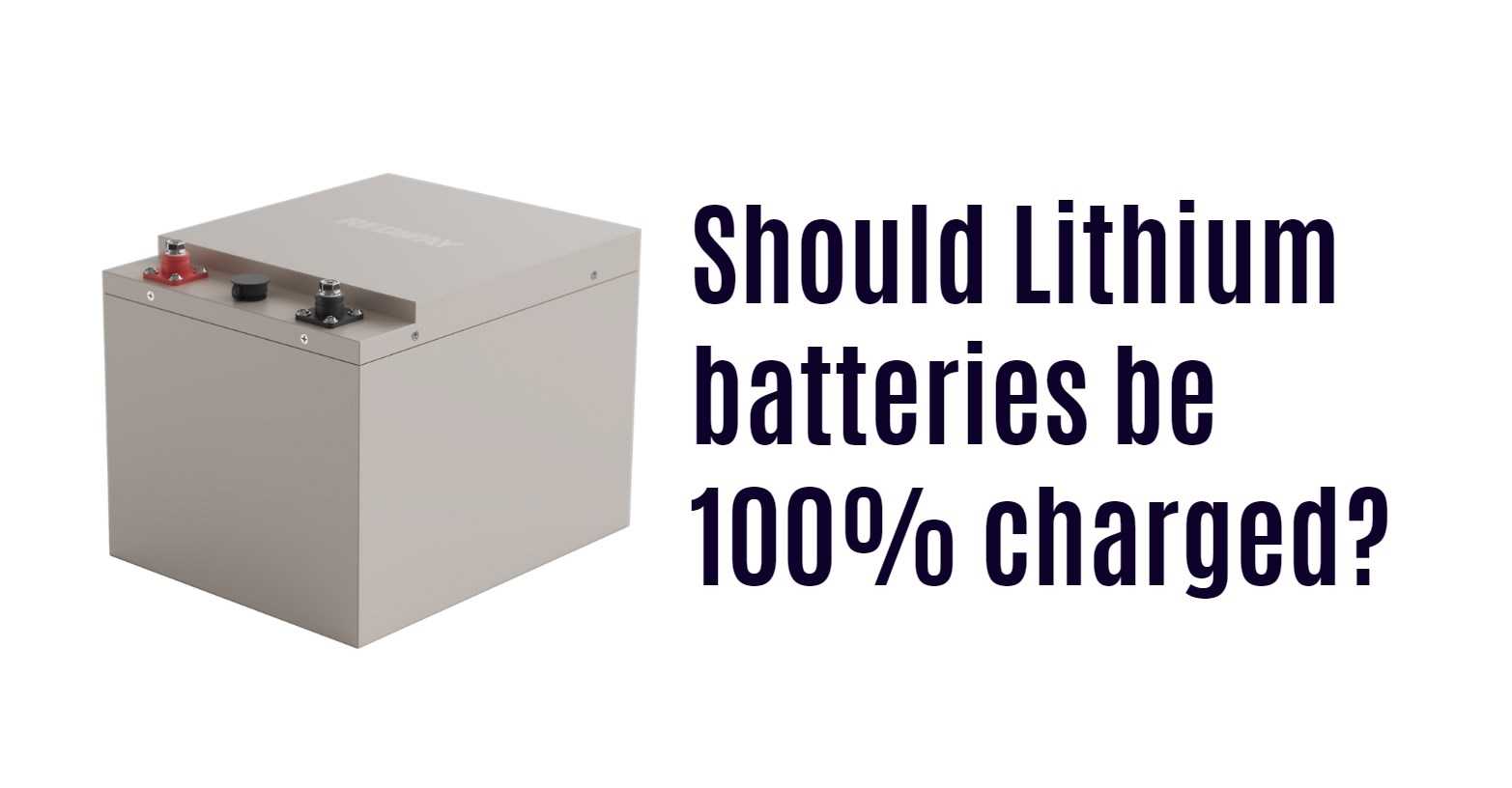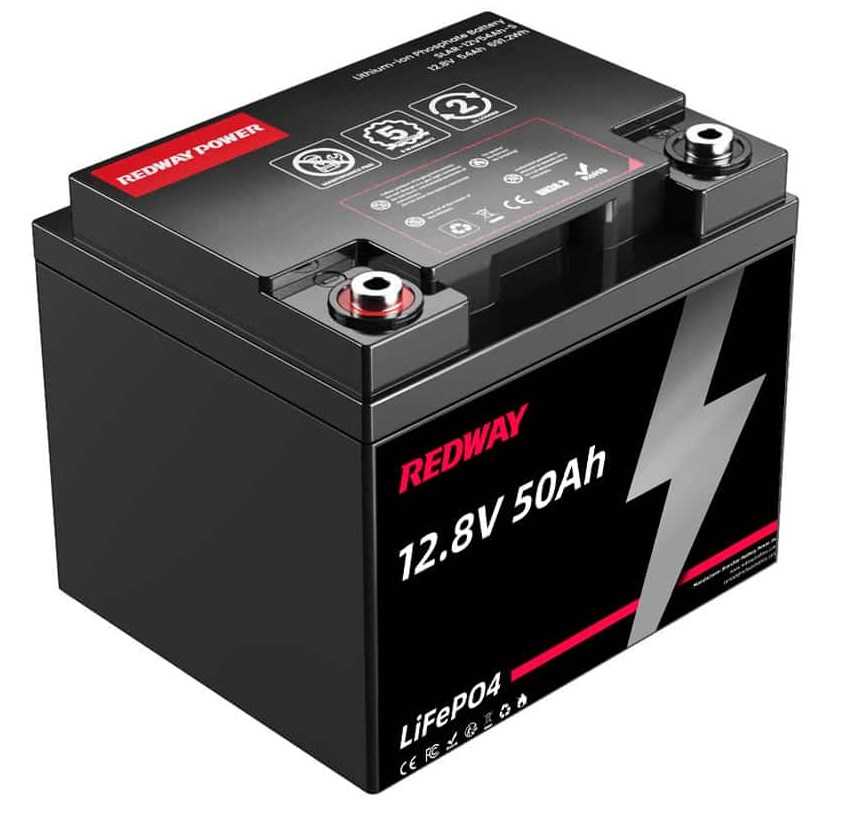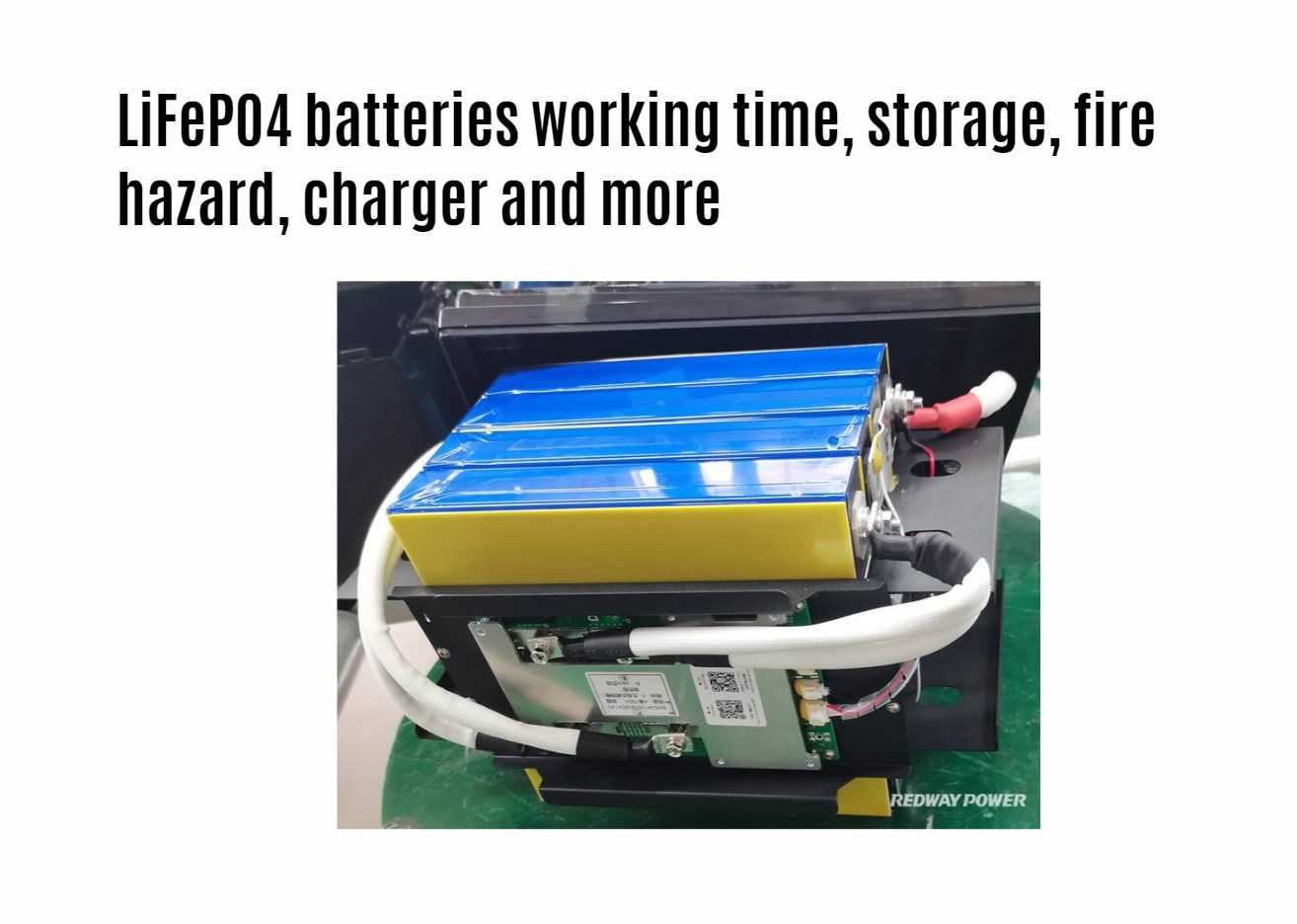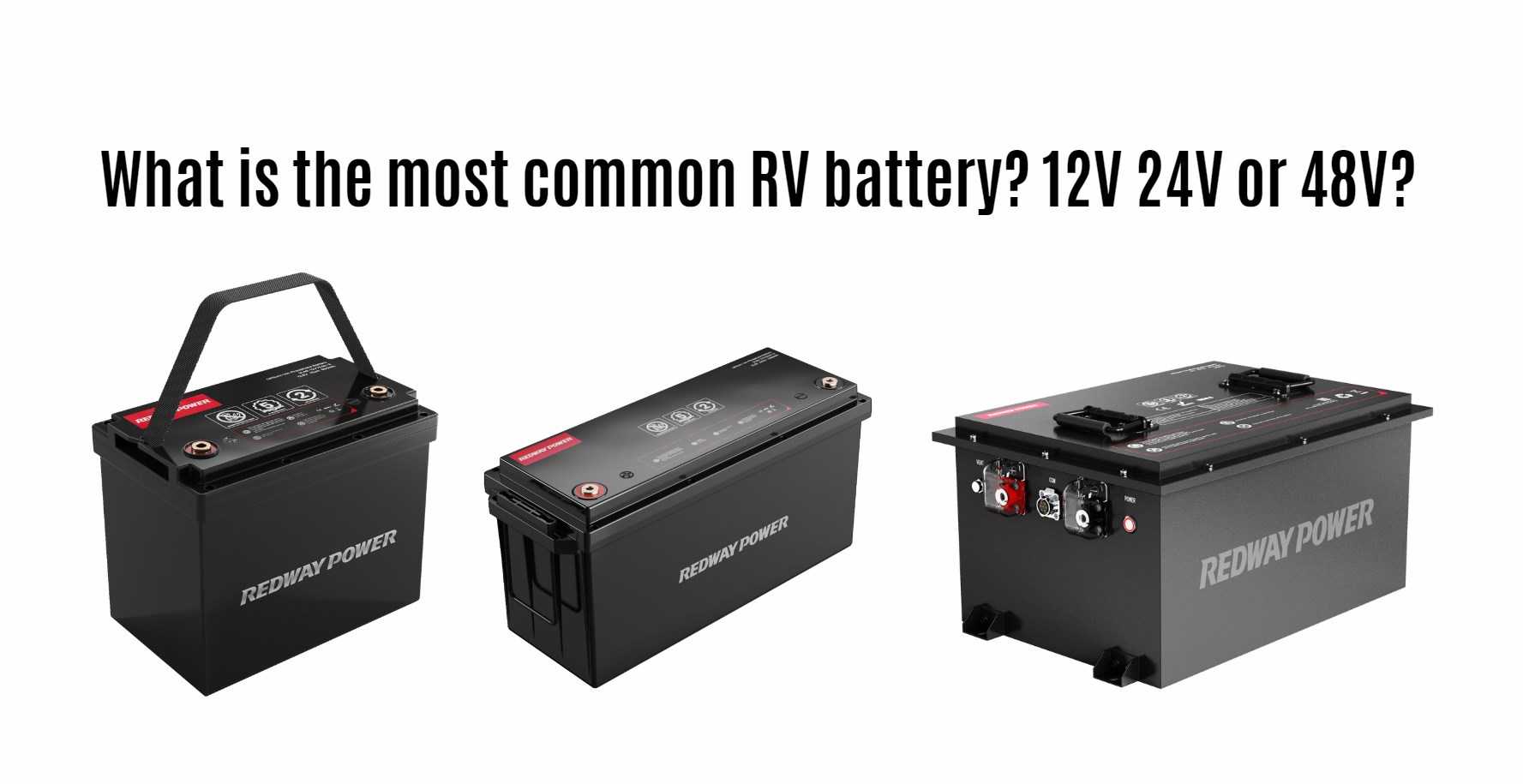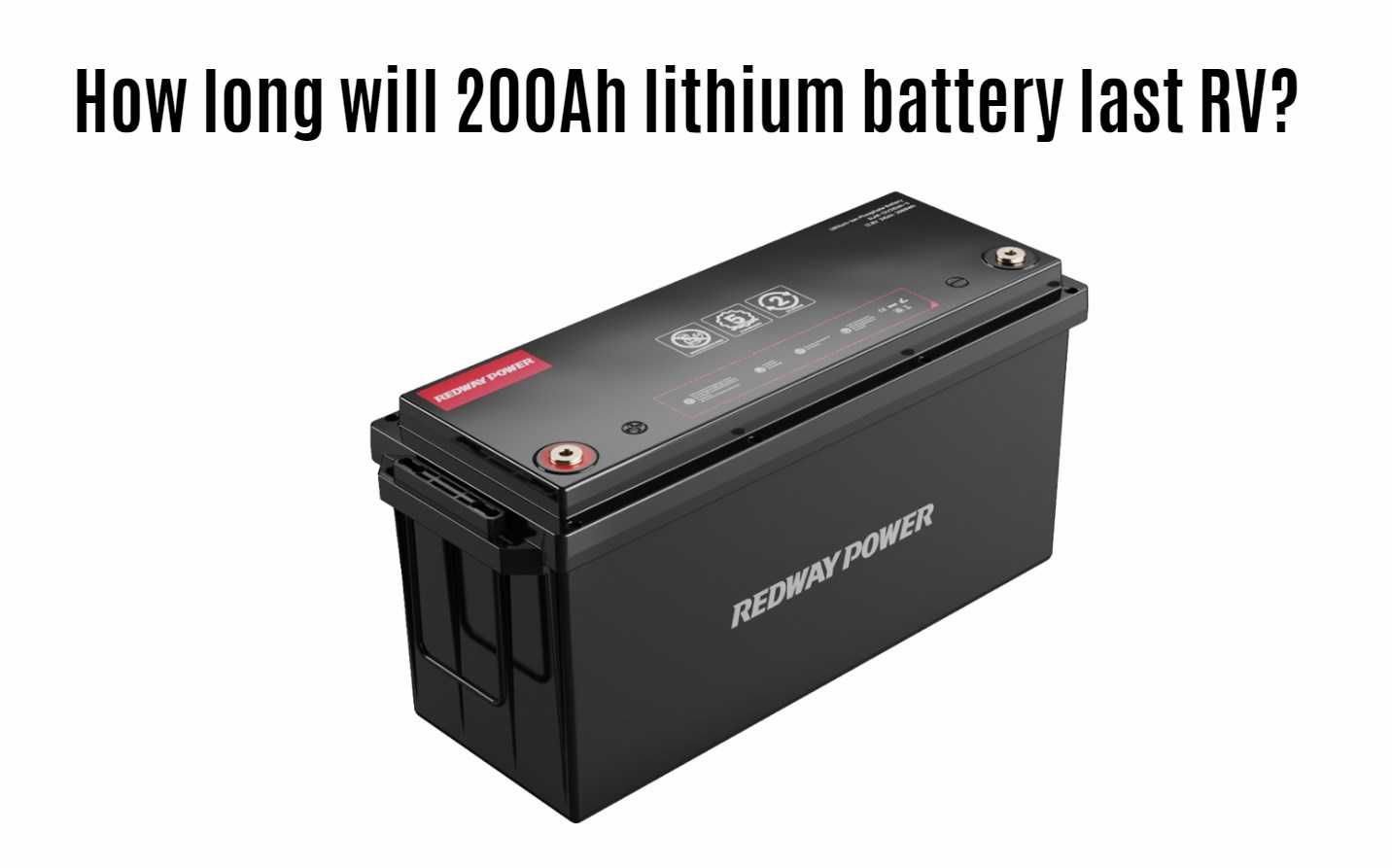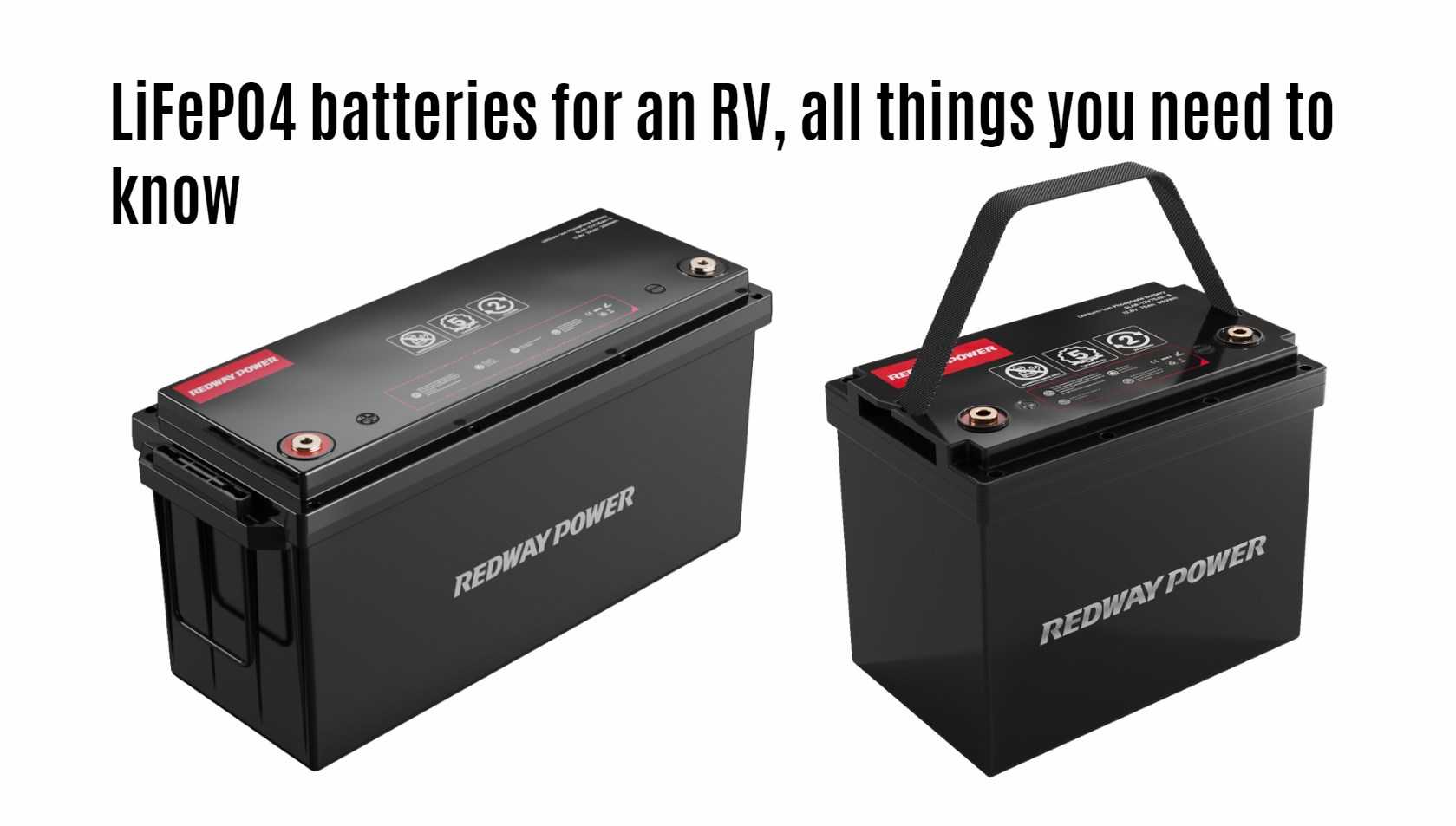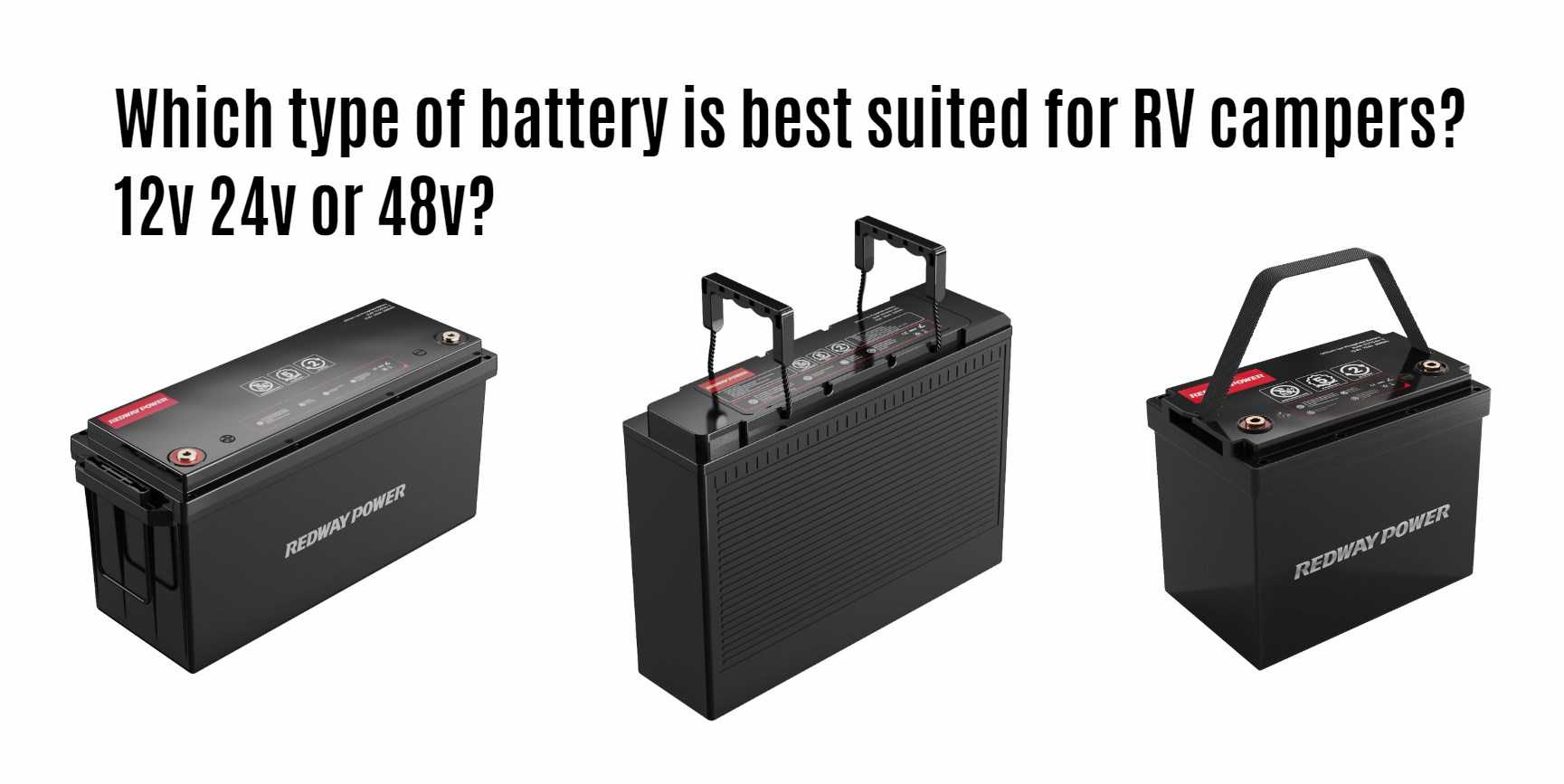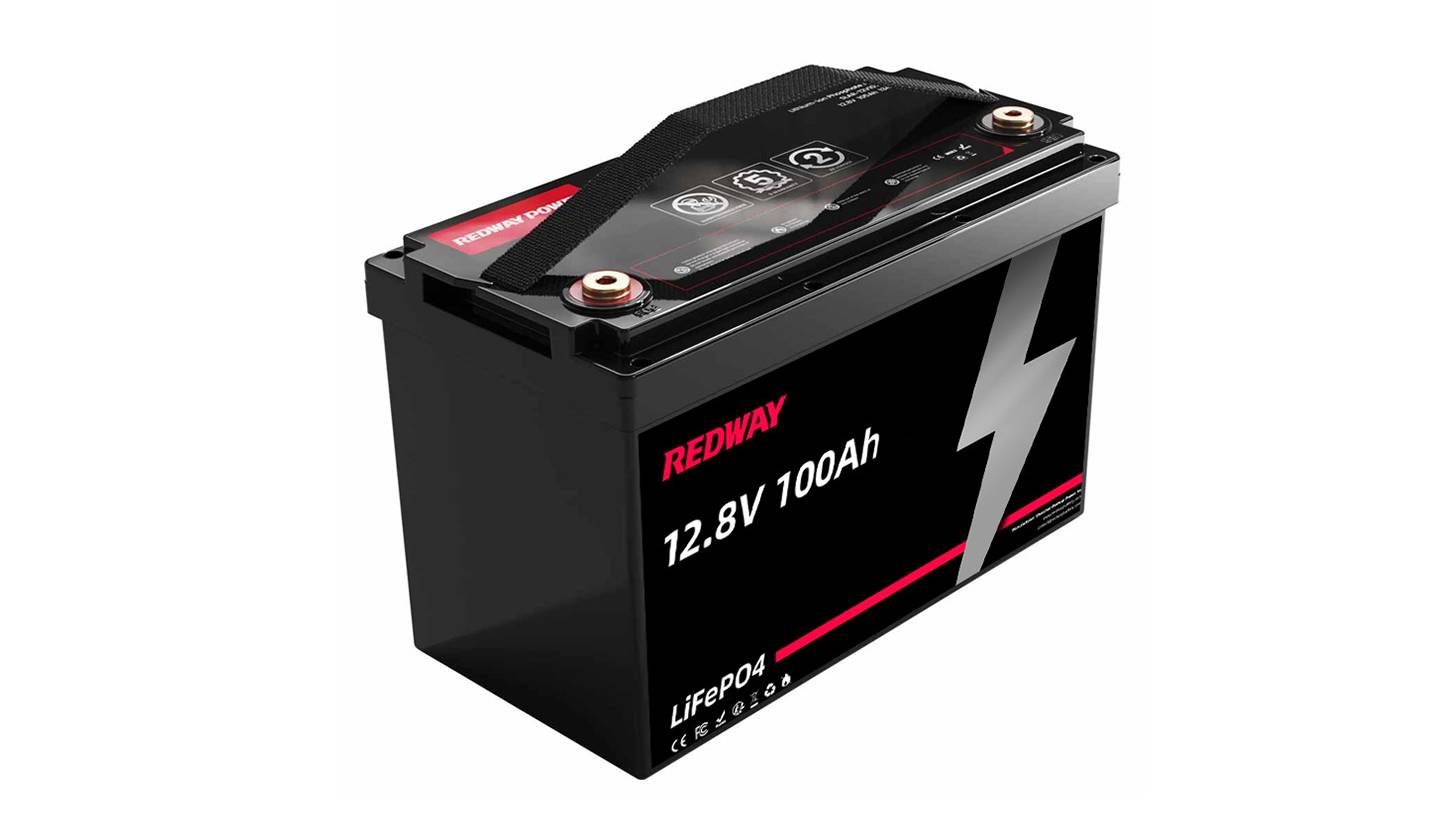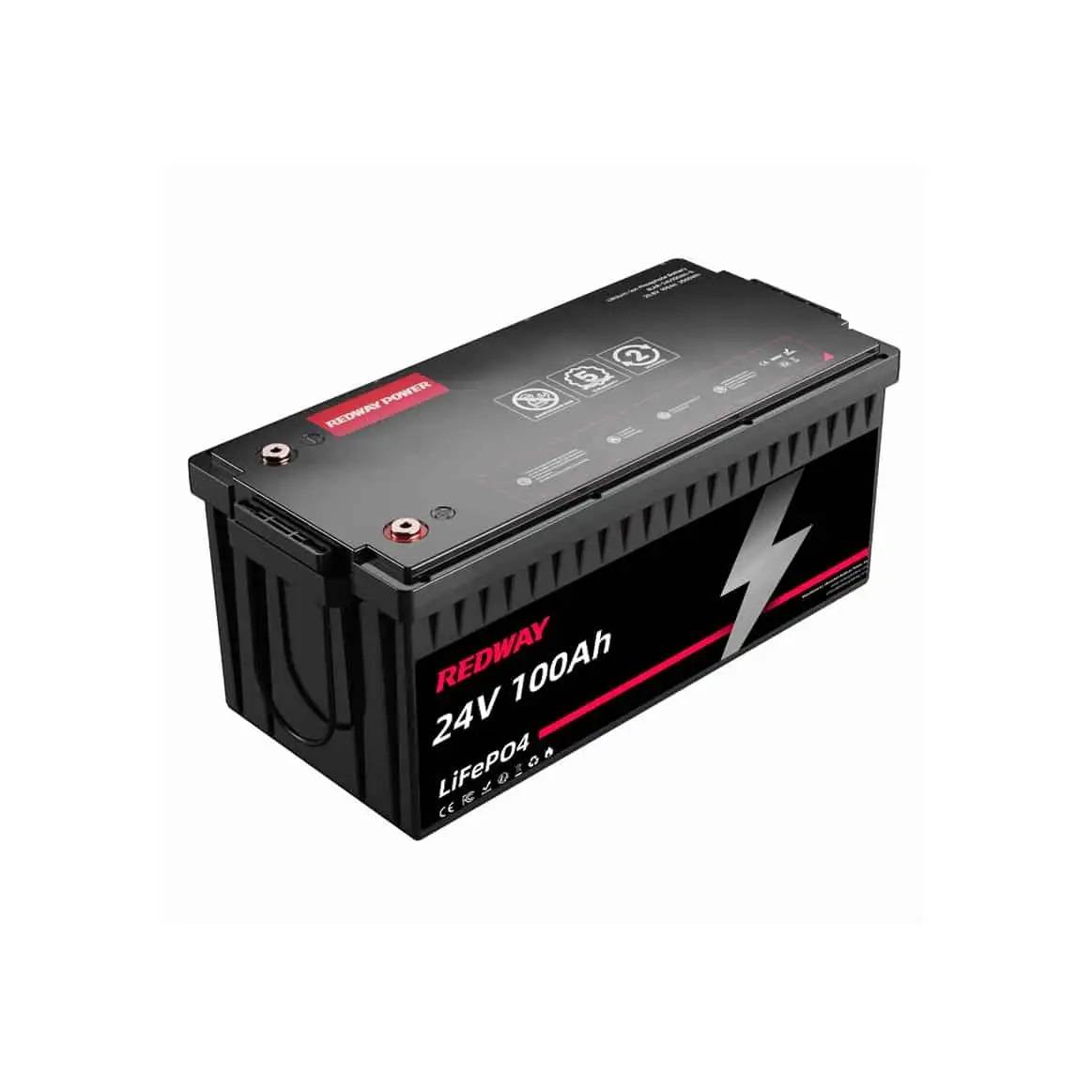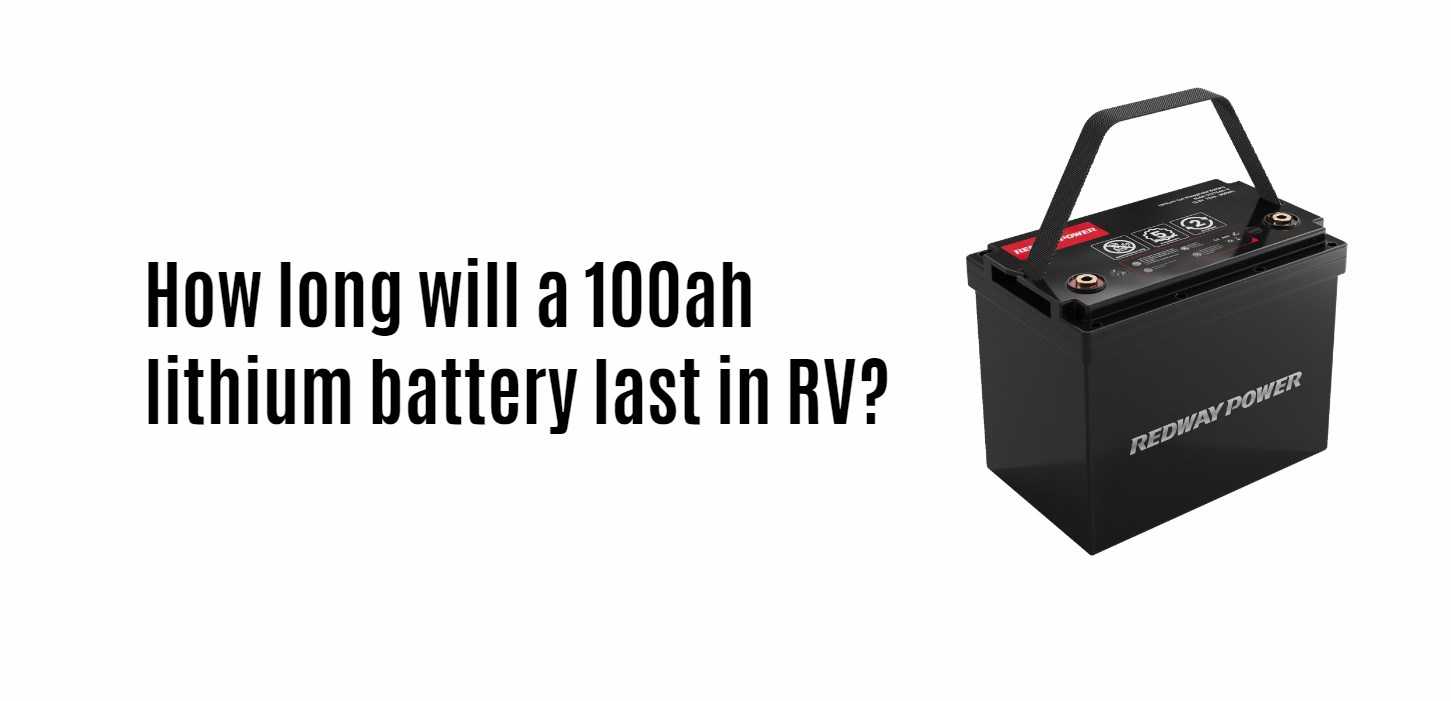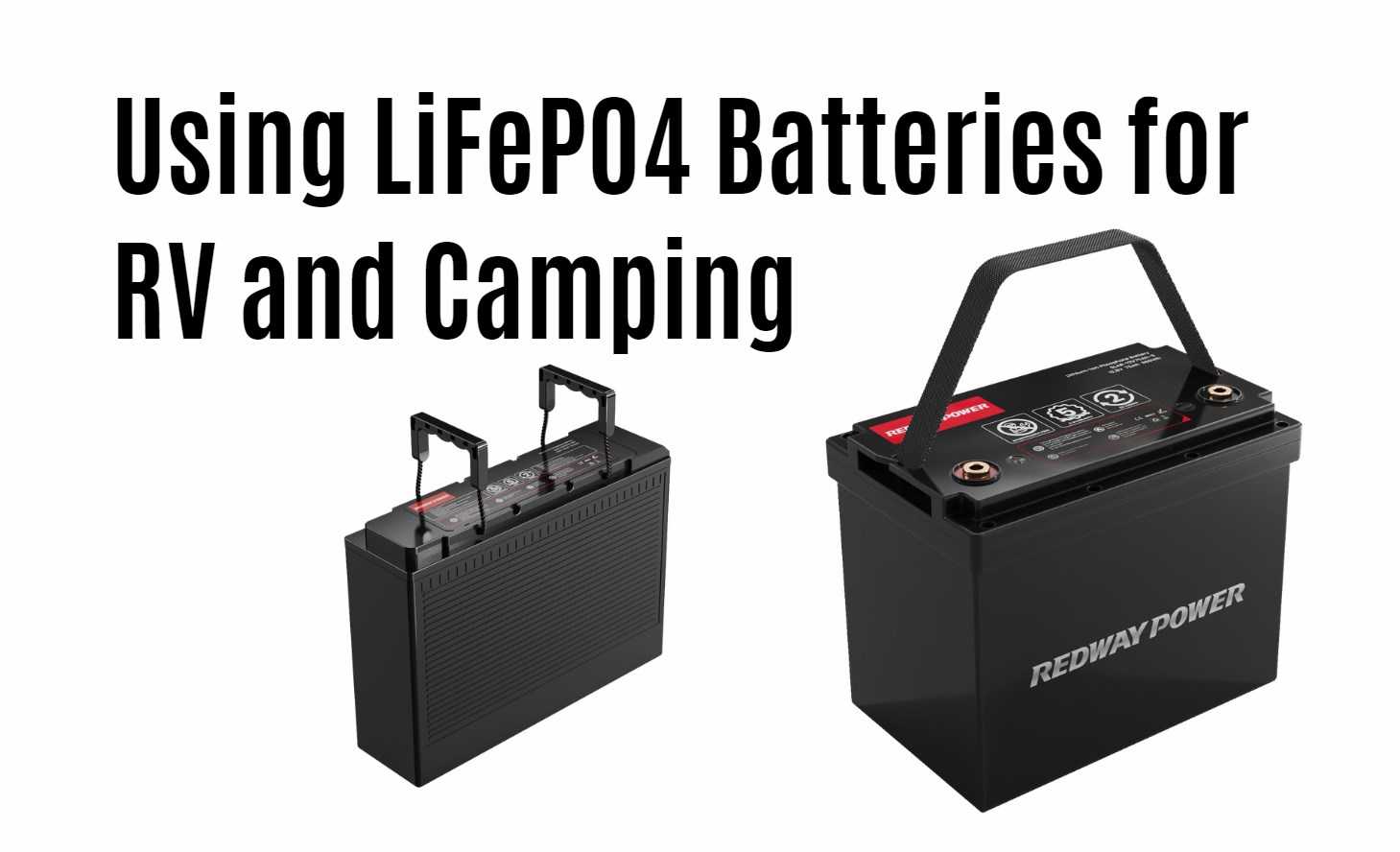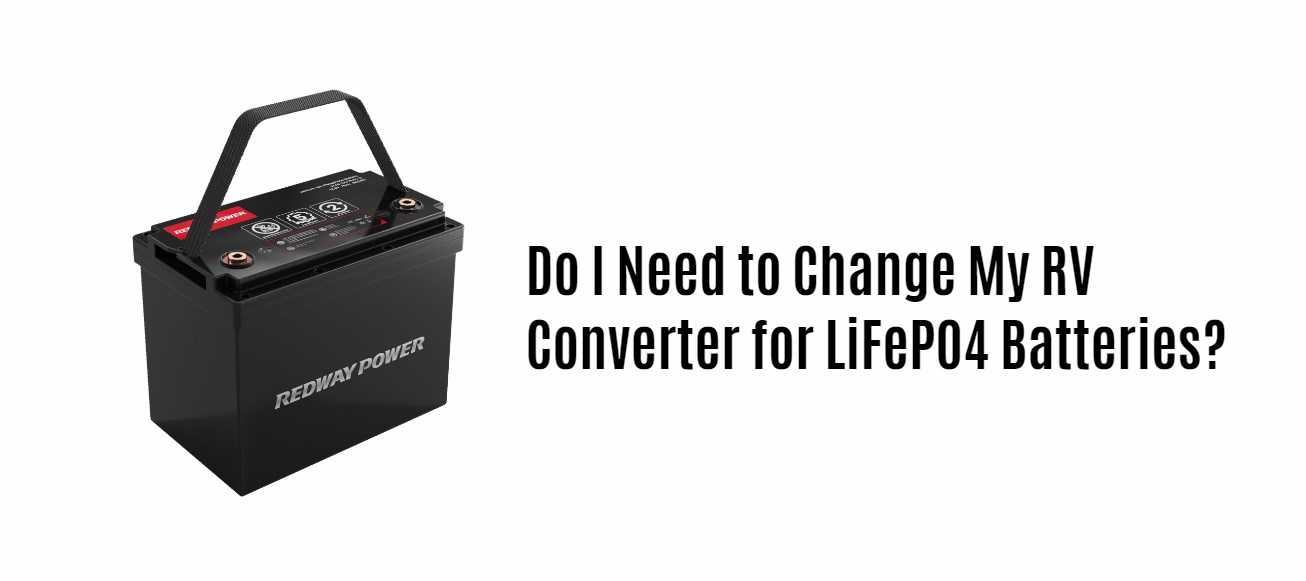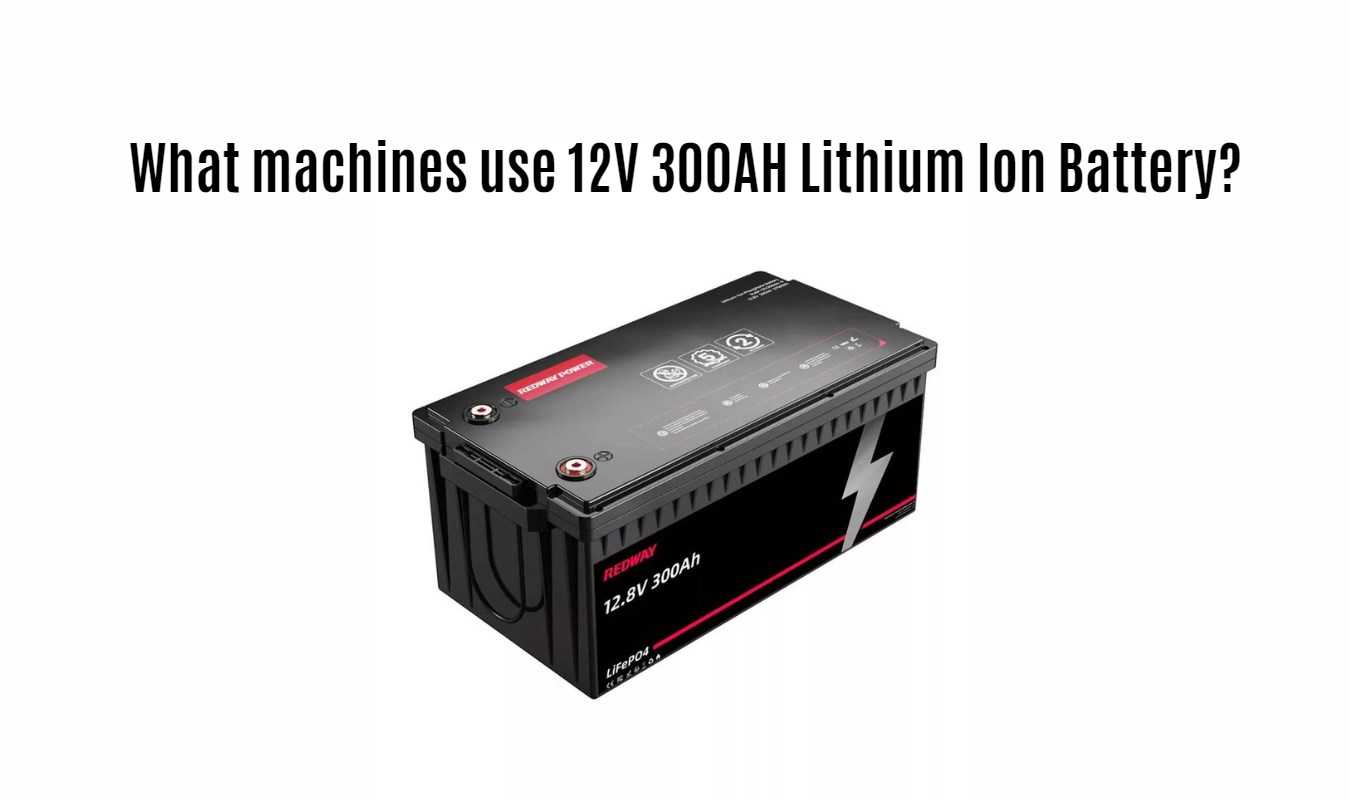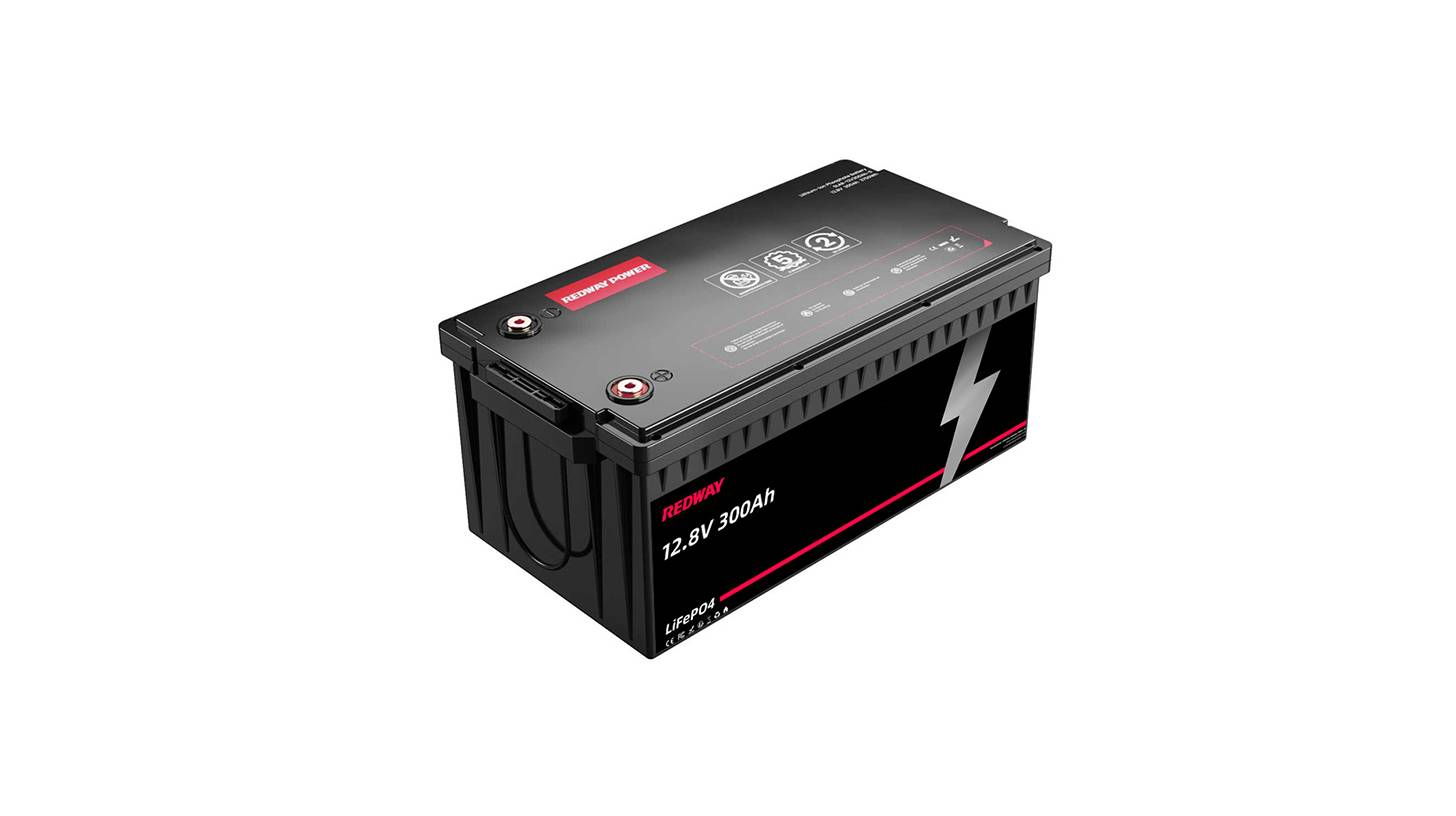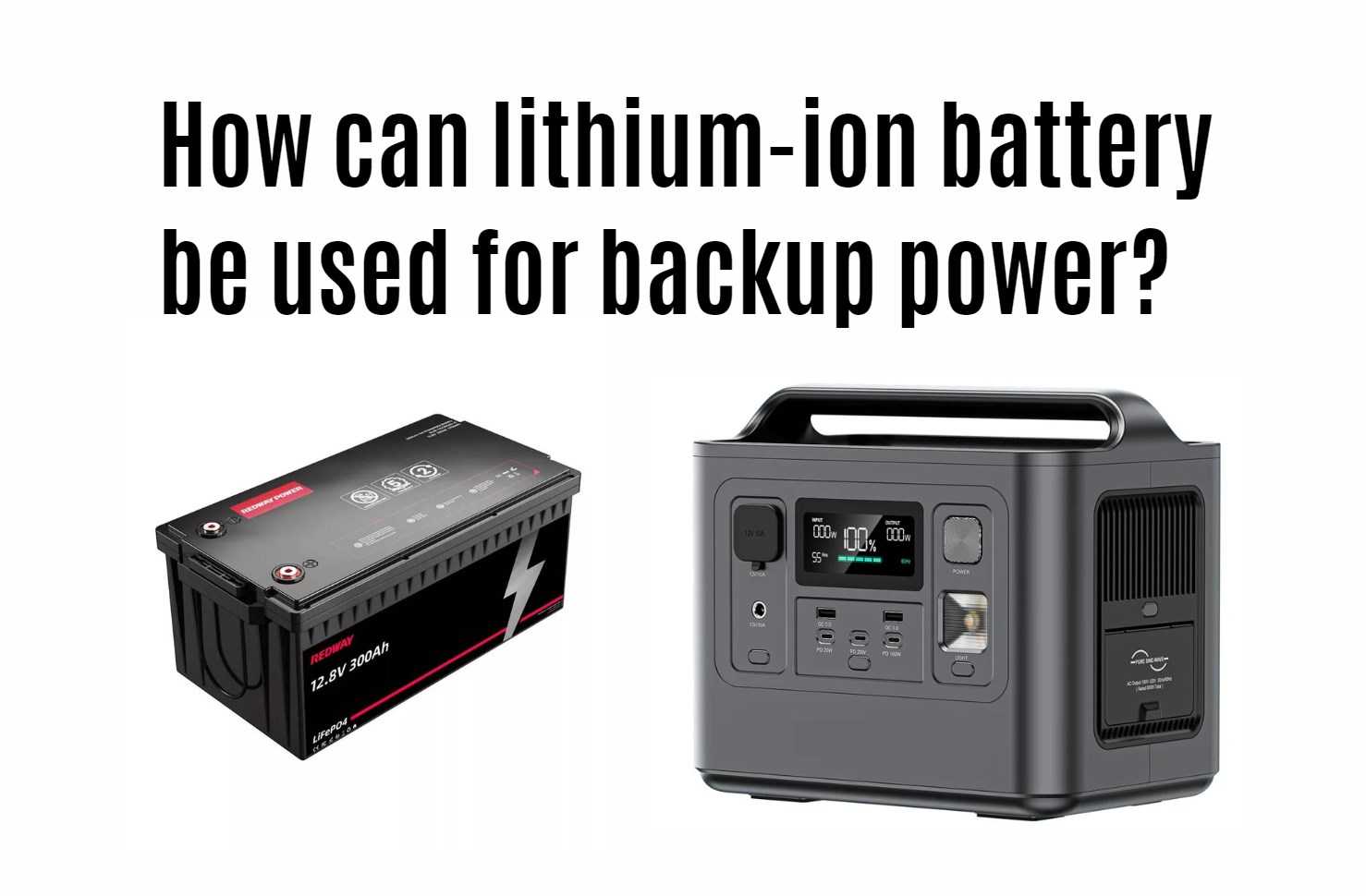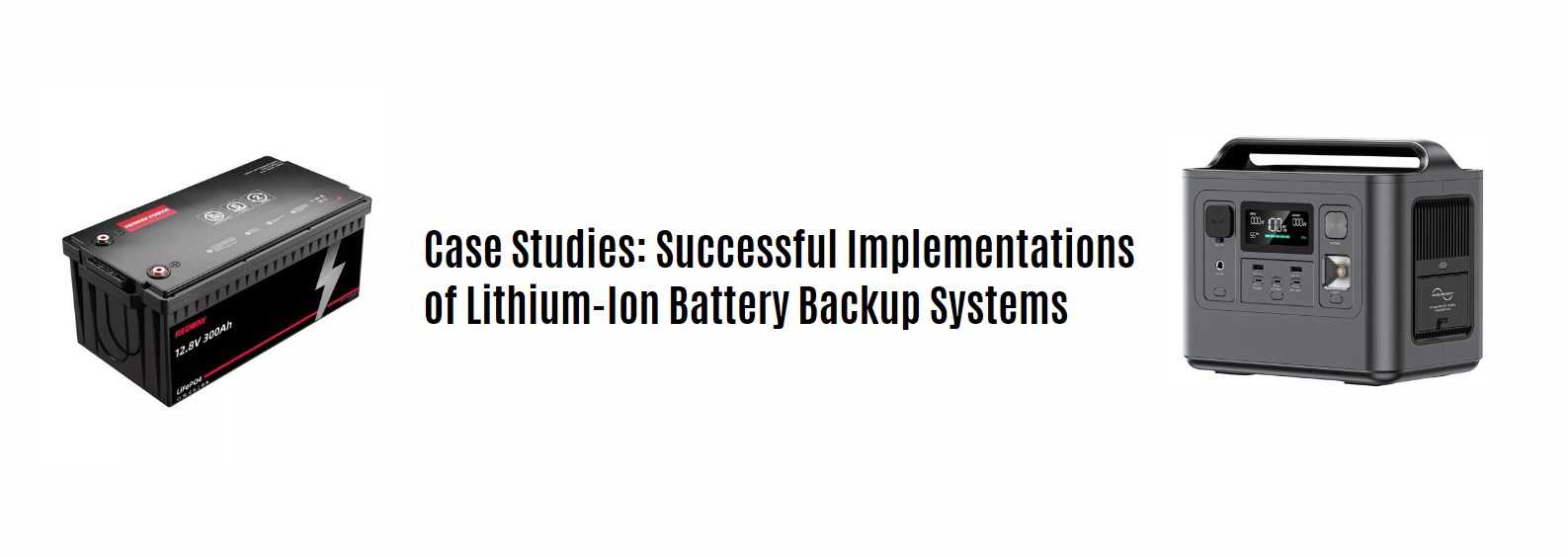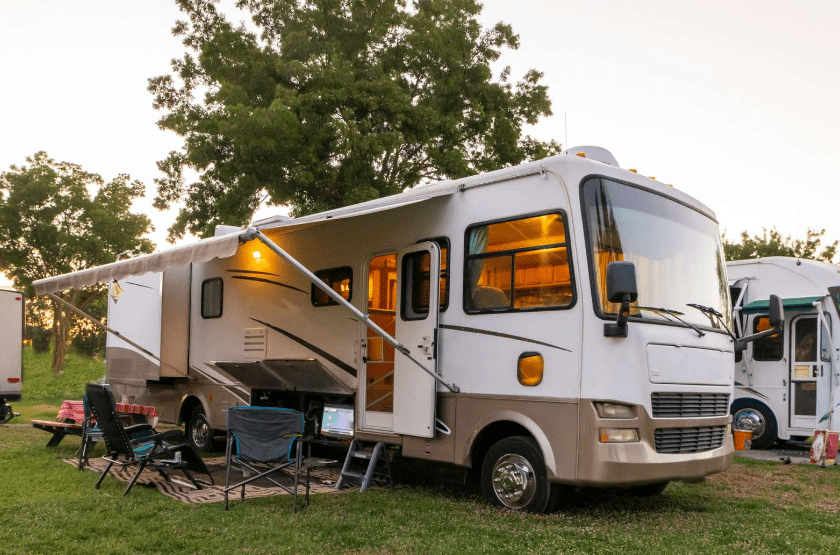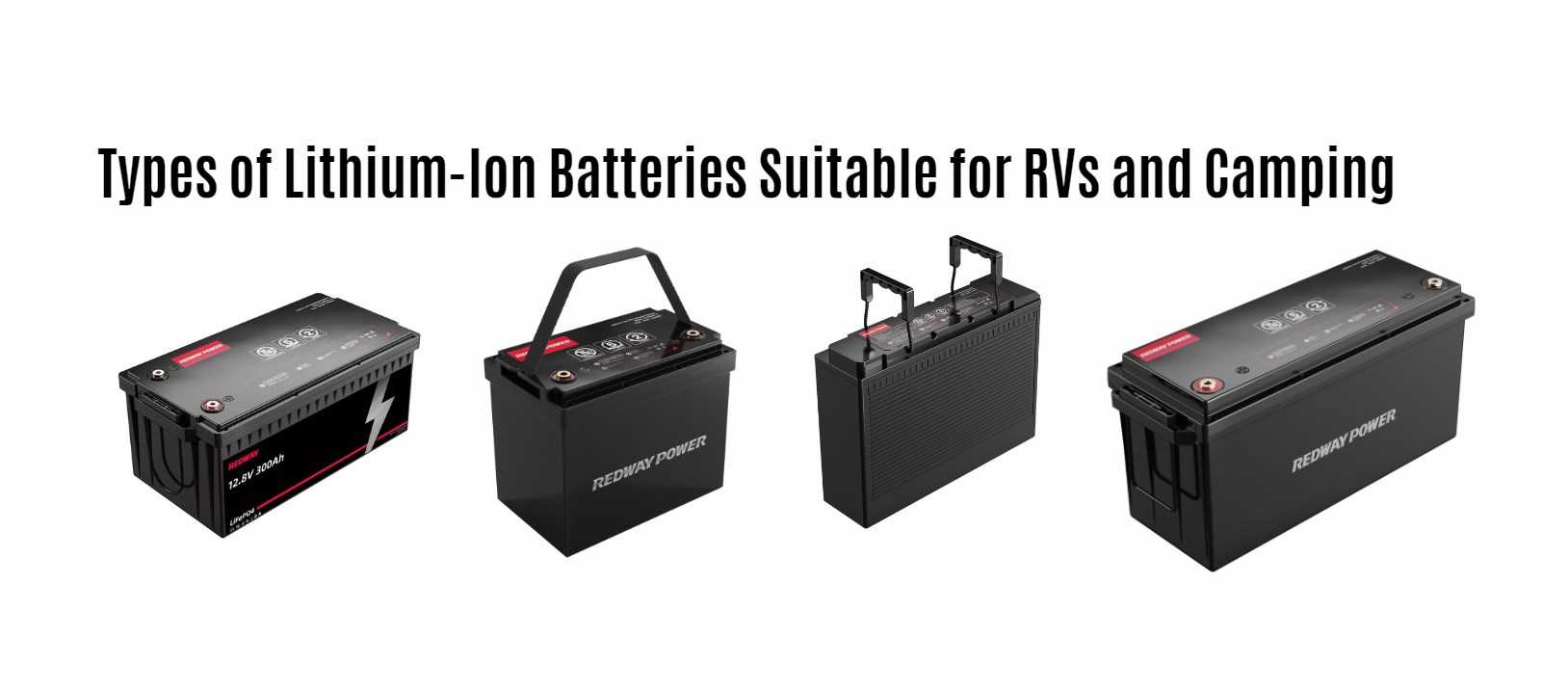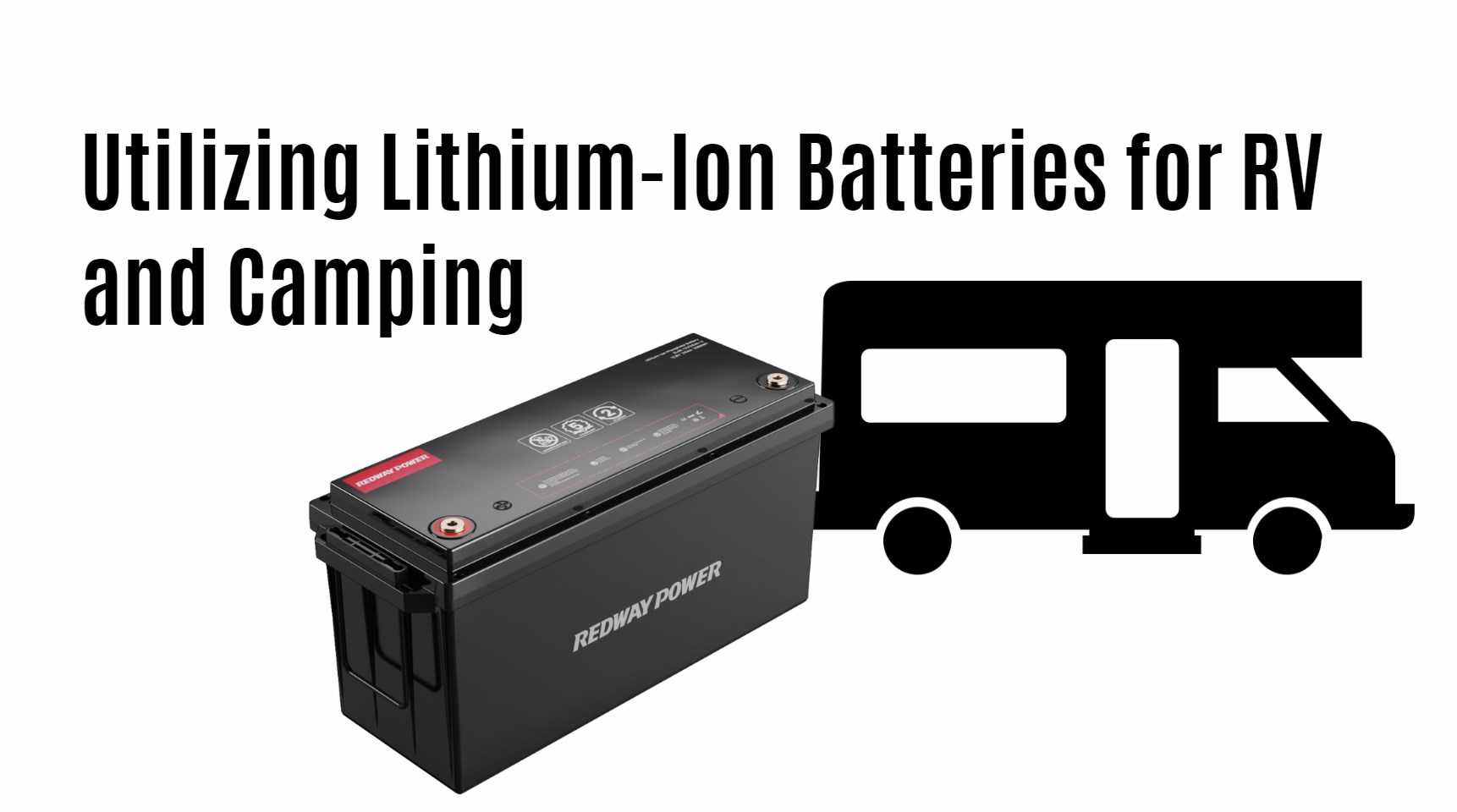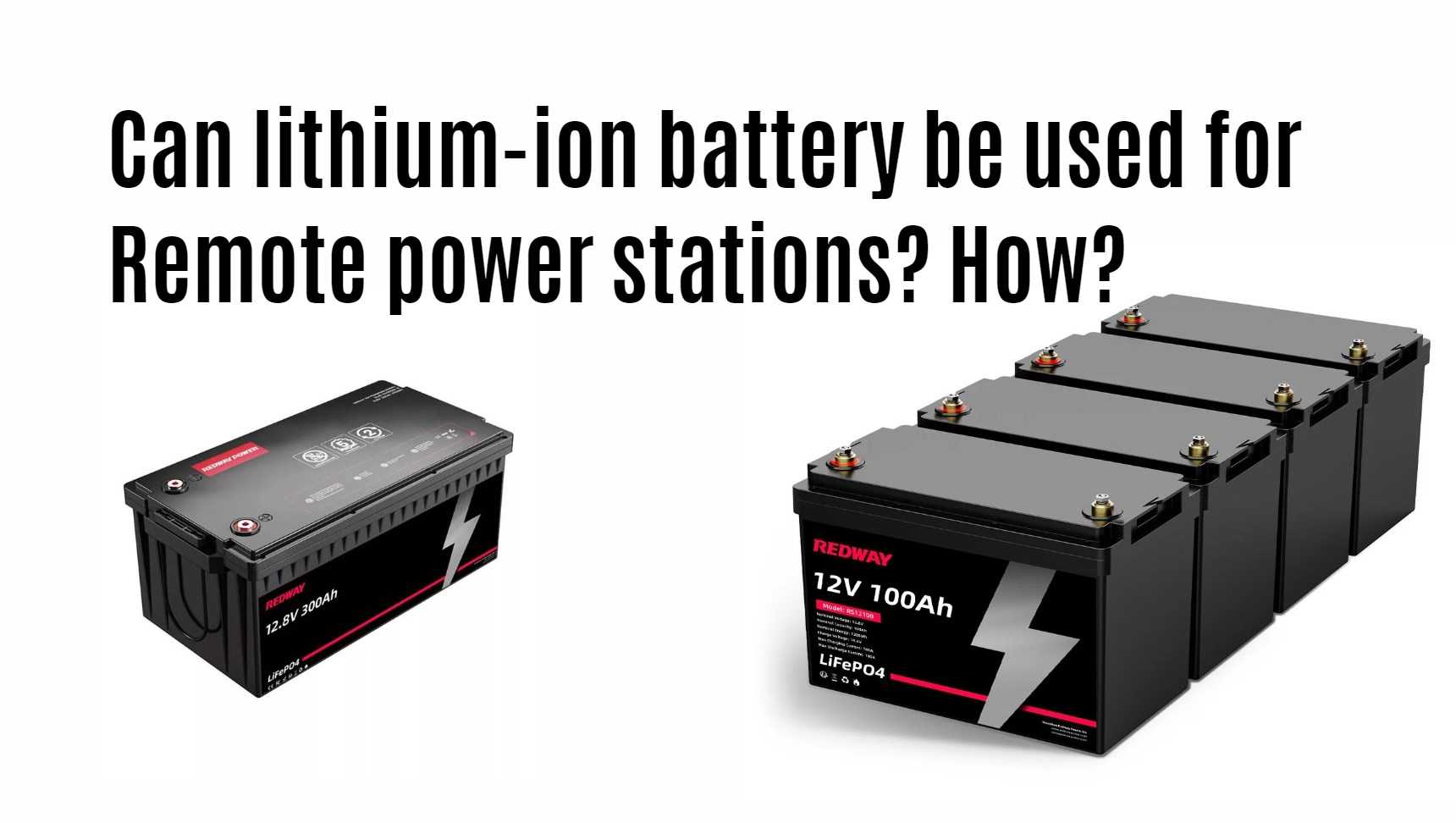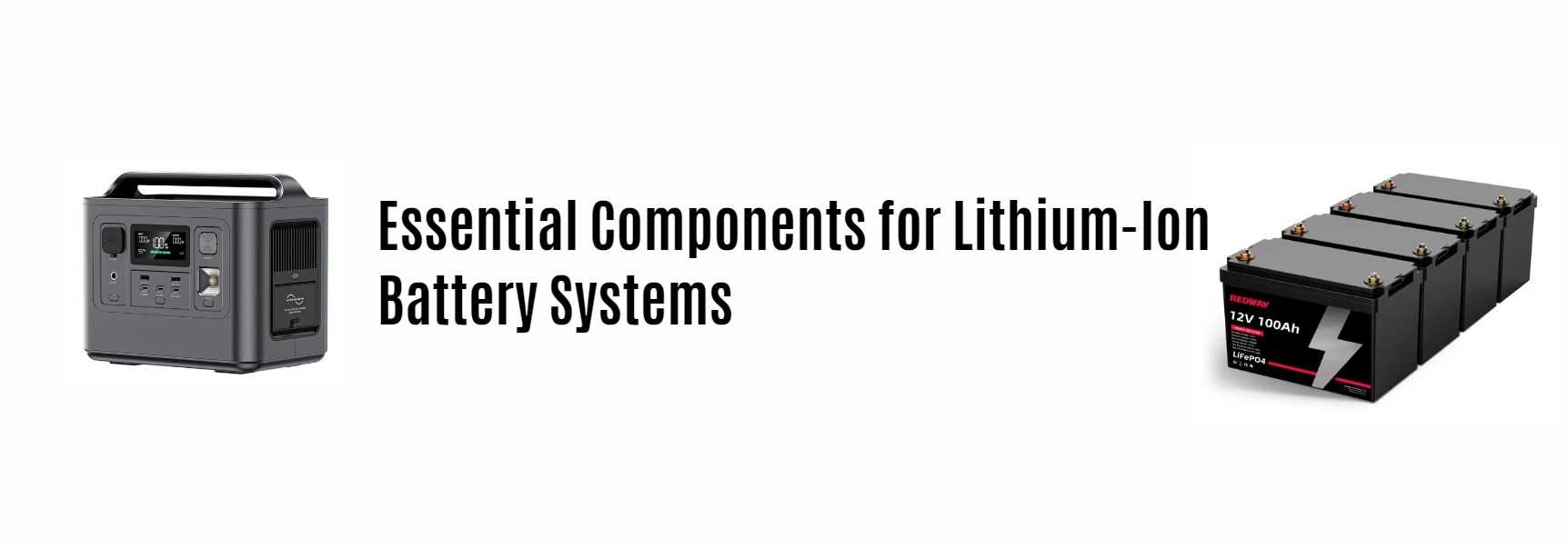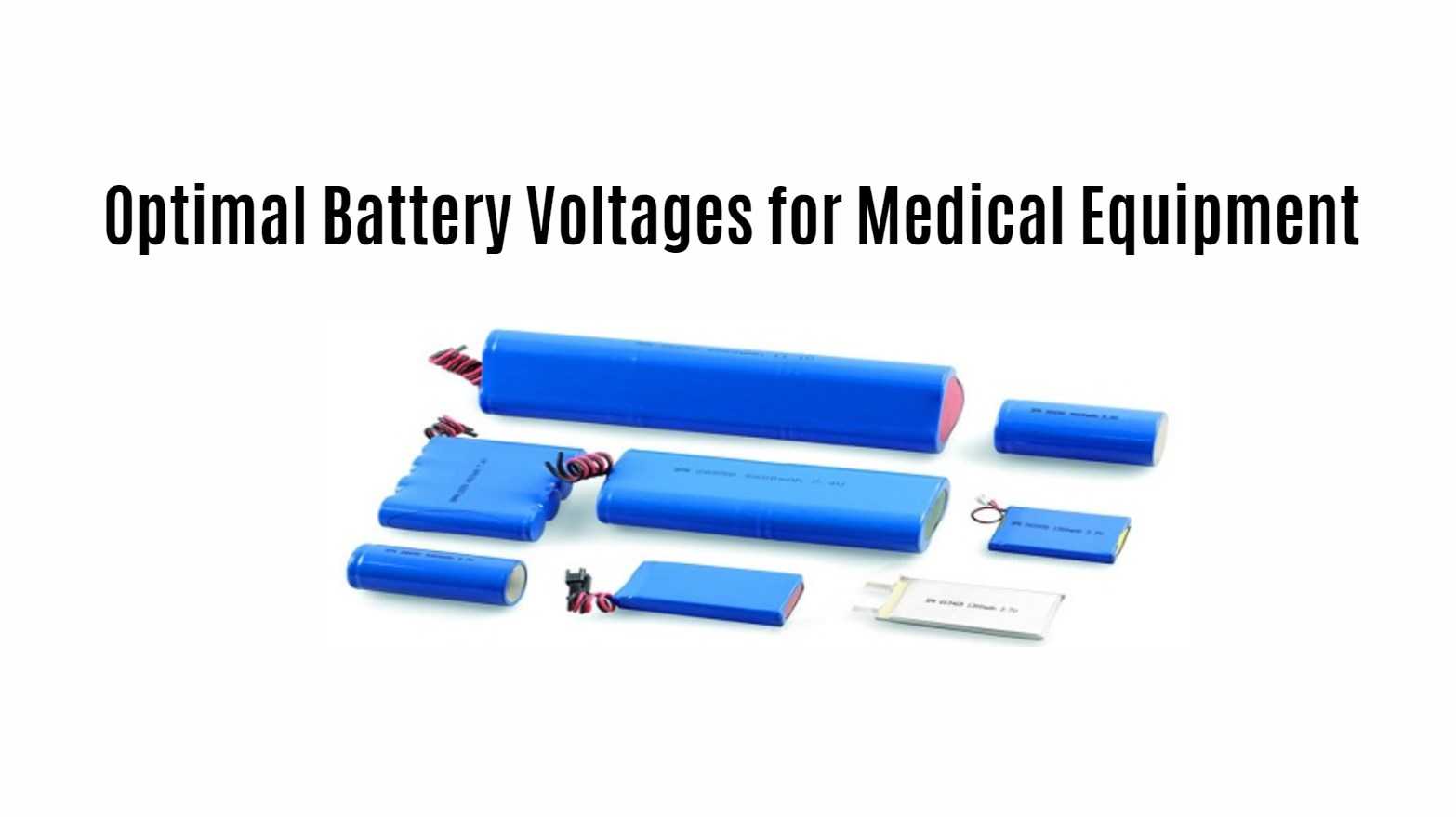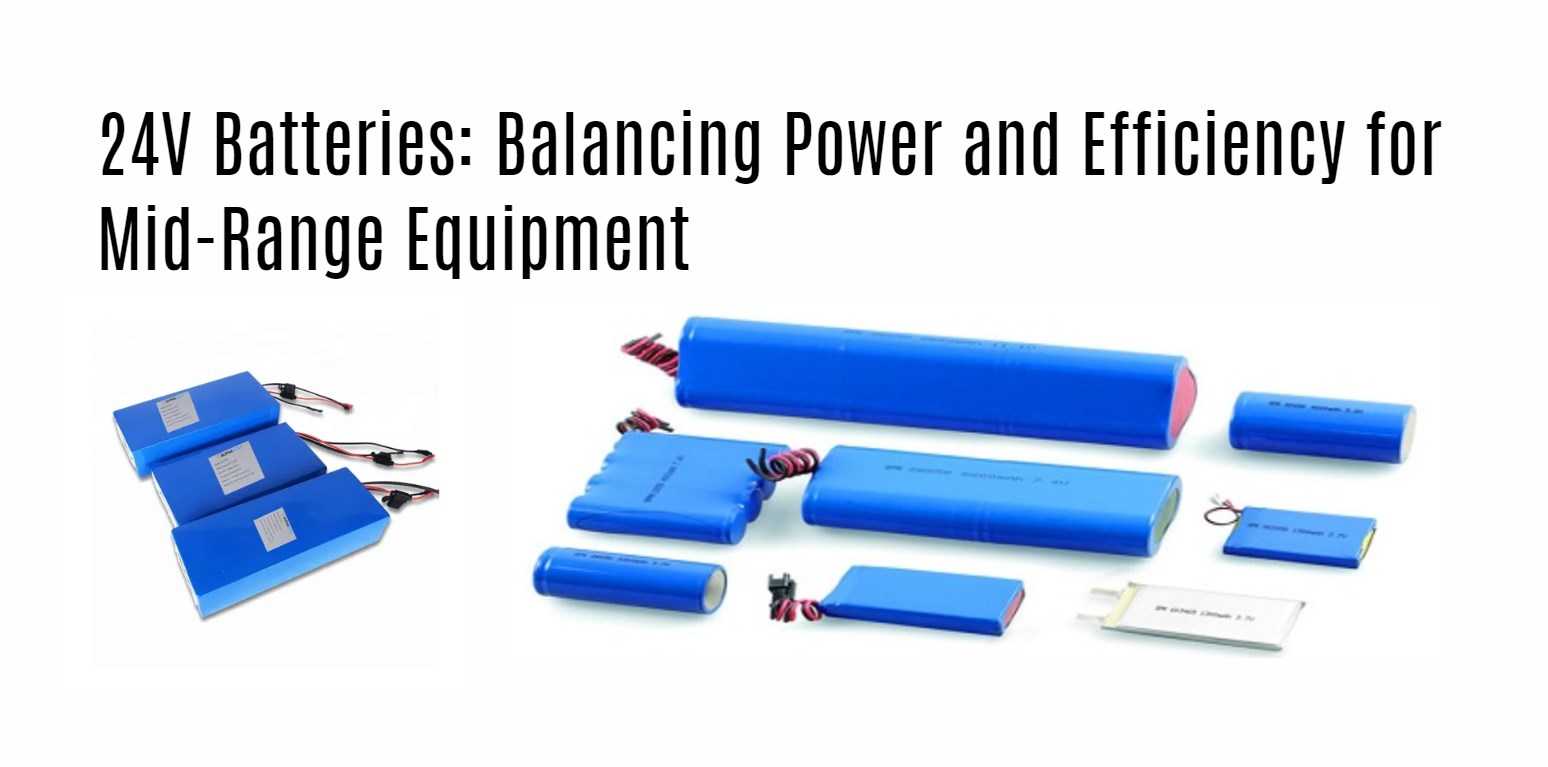LiFePO4 batteries for an RV offer superior safety, long cycle life, and lightweight design compared to traditional lead-acid batteries, enabling efficient, reliable power for extended trips. Brands like Redway Battery provide customized LiFePO4 solutions that maximize performance and durability for RV owners seeking sustainable energy.
What Are LiFePO4 Batteries and Why Are They Ideal for RVs?
LiFePO4 (Lithium Iron Phosphate) batteries are a type of lithium-ion battery known for chemical stability, safety, and long service life. They deliver consistent voltage output and higher energy density, making them perfect for powering complex RV electrical systems.
Unlike traditional lead-acid batteries, LiFePO4 batteries use a more stable cathode material, reducing risks of overheating or explosions. Their lightweight design lowers overall battery bank mass, improving RV fuel efficiency. Additionally, they maintain steady voltage until near full depletion, improving appliance performance. Redway Battery specializes in LiFePO4 packs tailored for RV applications, ensuring optimal integration and performance longevity.
How Do LiFePO4 Batteries Compare to Lead-Acid Batteries in RV Use?
LiFePO4 batteries outperform lead-acid types by offering 3-5 times longer cycle life, faster charging, deeper discharge capabilities, and reduced maintenance requirements, all while weighing significantly less.
Lead-acid batteries typically last 300-500 cycles and weigh more, requiring frequent equalization charging and monitoring. In contrast, LiFePO4 batteries sustain 2000–5000 cycles with usable capacity often above 80%. They handle rapid charging and high discharge rates without damage. This reliability translates into fewer battery replacements and more consistent power for RV appliances, lights, and heating/cooling systems. Maintenance-free operation is ideal for remote travel, and Redway Battery’s advanced BMS ensures safe, balanced cell operation.
| Feature |
Lead-Acid Batteries |
LiFePO4 Batteries (Redway Battery) |
| Cycle Life |
300-500 cycles |
2000-5000 cycles |
| Weight |
Heavy (approx. 50 lbs per 100Ah) |
Lighter (approx. 30 lbs per 100Ah) |
| Depth of Discharge |
~50% recommended |
~80–90% usable |
| Maintenance |
Regular watering & equalization |
Maintenance-free |
| Safety |
Risk of acid spills & gas |
Stable chemistry, no gas emissions |
Which Factors Should Be Considered When Choosing LiFePO4 Batteries for an RV?
Choosing LiFePO4 batteries for an RV depends on capacity needs, voltage compatibility, physical size, weight, and integration with existing electrical systems, including chargers and solar setups.
Planning battery size involves calculating daily power consumption of appliances and electronics. Voltage options typically range from 12V to 48V; compatibility with RV inverters and chargers is critical. Physical dimensions affect storage space, and the battery weight impacts overall vehicle payload. Redway Battery offers OEM customization to match these specifications, including high-performance Battery Management Systems (BMS) that protect against overcharge, discharge, and temperature extremes. Considering future expansions or solar power compatibility is also wise when selecting a battery.
How Does Proper Battery Management Impact LiFePO4 Battery Performance in RVs?
Battery Management Systems (BMS) are vital for safe operation, cell balancing, and maximizing cycle life of LiFePO4 batteries in RVs. They monitor voltage, current, and temperature, protecting against damage and power loss.
A BMS prevents under-voltage, over-voltage, short circuits, and overheating. It maintains balanced charge across cells to ensure consistent performance and extends battery longevity. Redway Battery integrates advanced BMS technologies into their LiFePO4 packs, offering enhanced thermal management and real-time monitoring features. Proper battery management safeguards both the battery and RV electrical system, especially during variable loads and outdoor temperature fluctuations common in RV use.
What Are the Installation and Maintenance Requirements for LiFePO4 Batteries in RVs?
Installing LiFePO4 batteries involves secure mounting in well-ventilated areas, correct wiring with suitable fuse protection, and integrating with compatible charging systems. Maintenance is minimal compared to older battery types but includes periodic system checks.
Unlike lead-acid batteries, LiFePO4 doesn’t emit gases, reducing ventilation constraints, but heat dissipation is still important. Proper wiring prevents voltage drop and electrical hazards. Chargers and solar controllers must support lithium profiles to avoid damage. Redway Battery offers detailed installation guides and customer support to ensure professional setup. Maintenance mainly involves monitoring state of charge and firmware updates for BMS if applicable.
Can Solar Power Be Efficiently Combined with LiFePO4 Batteries for RV Applications?
Yes, LiFePO4 batteries pair exceptionally well with solar power systems due to fast charging capabilities, high cycle count, and ability to handle variable charge input common in solar setups.
Solar arrays generate fluctuating energy based on sunlight conditions. LiFePO4 chemistry accommodates rapid charging and partial charges without degradation. This makes them especially suited for off-grid RV lifestyle, ensuring sustained power availability. Charge controllers must be compatible and ideally MPPT-type for maximum efficiency. Redway Battery produces battery packs designed to integrate seamlessly with solar systems, enabling long-lasting and self-sustaining energy solutions for RV users.
How Do Temperature Extremes Affect LiFePO4 Batteries in RV Operations?
LiFePO4 batteries perform well in a wider temperature range than traditional batteries but still require protection from extreme cold or overheating to preserve performance and lifespan.
Their stable chemistry tolerates heat up to around 60°C and discharge at temperatures down to -20°C, but charging below 0°C can cause lithium plating and reduce longevity. BMS cooling and heating modules, often included in Redway Battery products, mitigate these risks by regulating battery environment. For cold climates, insulation or heating elements may be necessary, while hot environments benefit from shaded ventilated compartments. Managing temperature extremes ensures reliable power on even the most challenging routes.
What Are the Cost Considerations for Switching to LiFePO4 Batteries for an RV?
While initial costs for LiFePO4 batteries are higher than lead-acid alternatives, their extended lifespan, reduced maintenance, and better performance yield lower total cost of ownership over time.
Upfront investments in quality LiFePO4 packs, such as those from Redway Battery, can be 3-4 times that of comparable lead-acid batteries. However, the longer cycle life and efficiency decrease replacement frequency and energy waste. Maintenance cost savings add value, and enhanced weight reduction may improve fuel efficiency. Evaluating total lifecycle costs demonstrates that LiFePO4 batteries are a smart, durable investment for serious RV owners.
| Cost Factor |
Lead-Acid Batteries |
LiFePO4 Batteries |
| Initial Purchase |
Lower upfront cost |
Higher upfront cost |
| Replacement Frequency |
Every 2-3 years |
Every 7-10 years |
| Maintenance |
Regular servicing needed |
Minimal to none |
| Efficiency |
Lower (energy losses) |
Higher (better charge retention) |
| Total Cost of Ownership |
Higher long-term costs |
Lower over lifetime |
Are There Environmental Benefits to Using LiFePO4 Batteries in RVs?
Yes, LiFePO4 batteries are more environmentally friendly due to lower toxic material content, longer lifespan, and recyclability compared to traditional lead-acid batteries.
Their chemical stability reduces pollution risks from acid spills, and extended cycle life means fewer disposals. The manufacturing process for LiFePO4 batteries, especially from responsible suppliers like Redway Battery, emphasizes sustainable practices. When recycled properly, materials can re-enter the manufacturing supply chain, reducing resource depletion. This makes LiFePO4 batteries a greener choice for the eco-conscious RV traveler.
Redway Expert Views
“At Redway Battery, we understand that energy reliability is crucial for RV adventurers who demand both power and safety. LiFePO4 technology delivers on these needs by combining long-lasting performance with lightweight design and superior safety than conventional batteries. Our OEM and ODM expertise enables us to tailor solutions to individual RV setups, balancing power requirements with compact form factors. We continuously innovate our battery management and cell chemistry to support sustainable, worry-free travel for years to come.” – Redway Battery Engineering Team
Conclusion
LiFePO4 batteries revolutionize RV power systems by offering unmatched cycle life, safety, and performance compared to older battery technologies. Their lightweight, maintenance-free nature and excellent integration with solar energy make them an ideal choice for modern RV owners. Choosing reputable providers like Redway Battery ensures high-quality, customized solutions matched to your vehicle’s power needs and environmental conditions. Planning installation thoughtfully and leveraging advanced Battery Management Systems guarantees a dependable, efficient energy source for all your travels.
FAQs
Q1: How long do LiFePO4 batteries last in an RV?
Typically, 7-10 years or 2000-5000 charge cycles depending on usage and care.
Q2: Can LiFePO4 batteries be charged by a regular RV converter?
Yes, but it’s best to use chargers compatible with lithium profiles to optimize battery health.
Q3: Are LiFePO4 batteries safe for indoor RV installation?
Yes, they produce no hydrogen gas and are safer for enclosed compartments than lead-acid batteries.
Q4: What maintenance do LiFePO4 batteries require?
Minimal maintenance; mainly regular monitoring and occasional BMS updates if applicable.
Q5: Can I retrofit my RV’s lead-acid battery bank with LiFePO4?
Yes, but ensure voltage compatibility, suitable chargers, and proper installation for a seamless upgrade.

